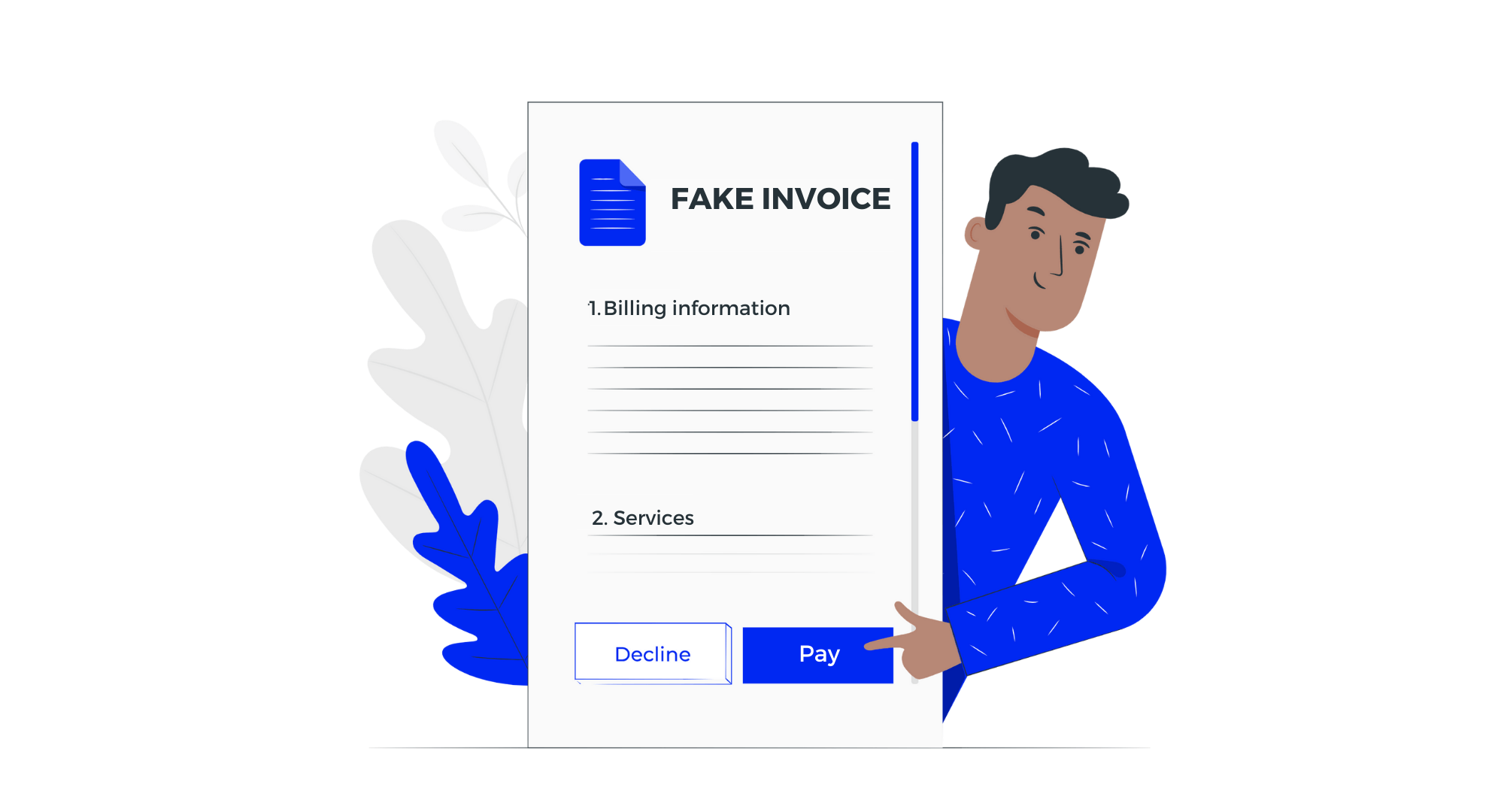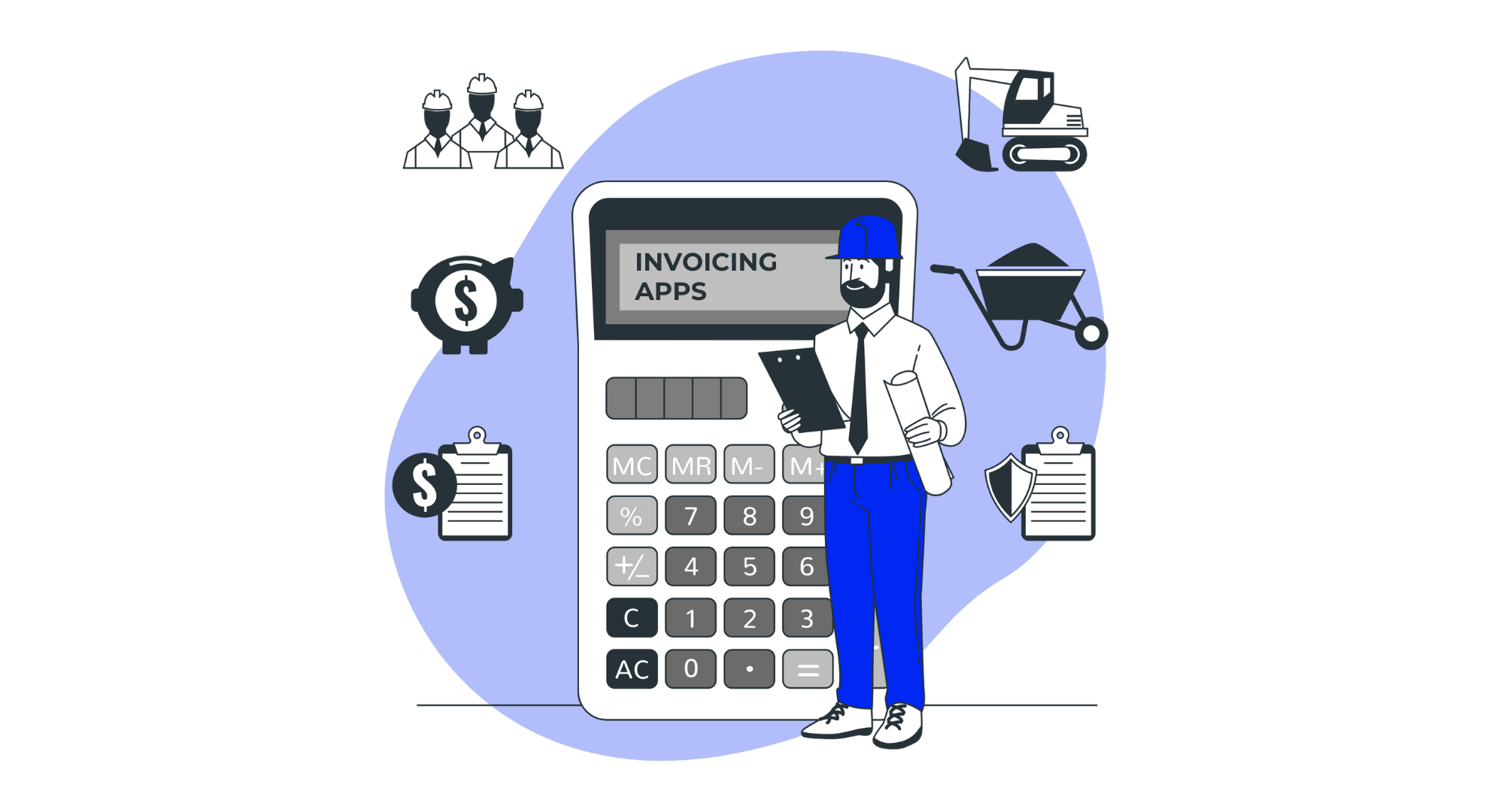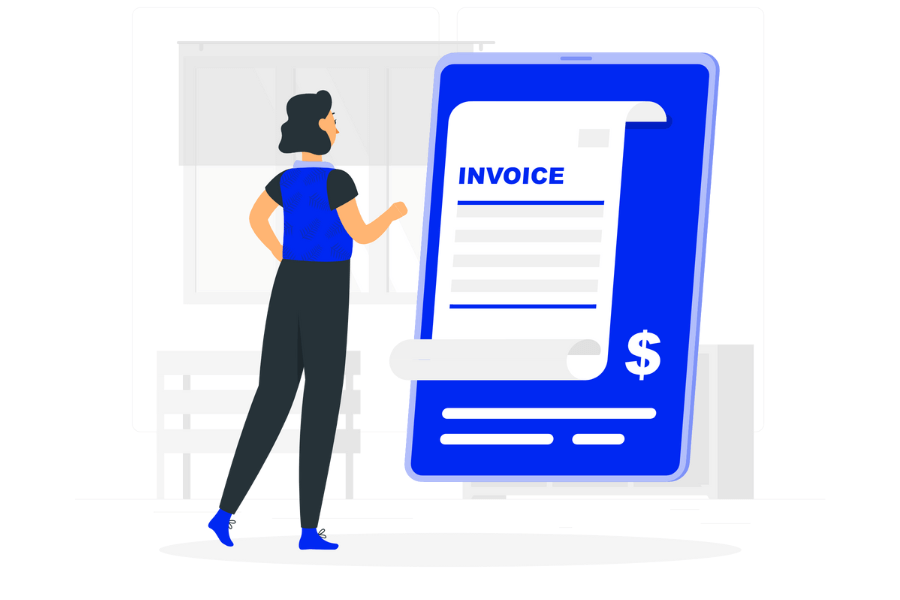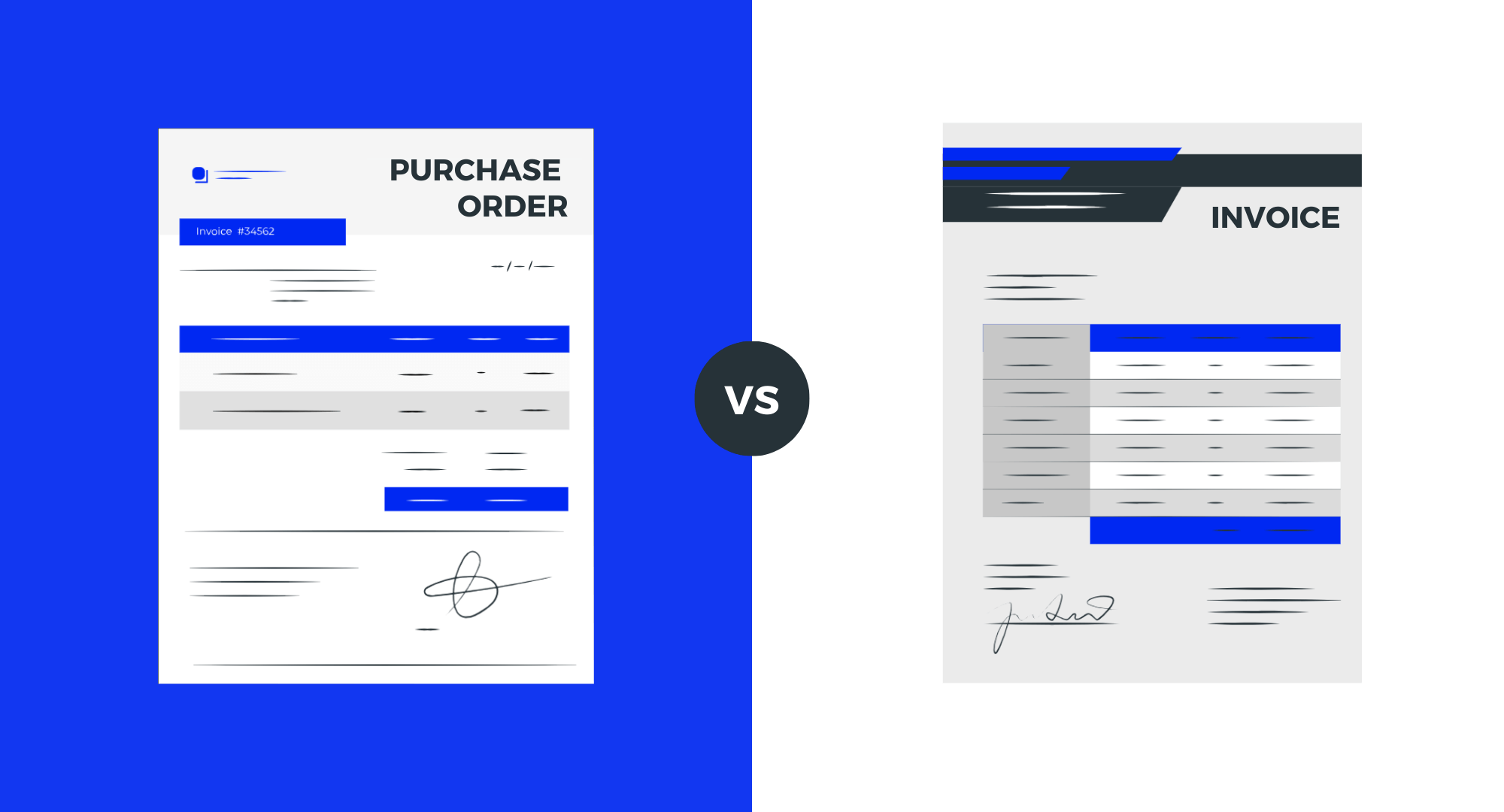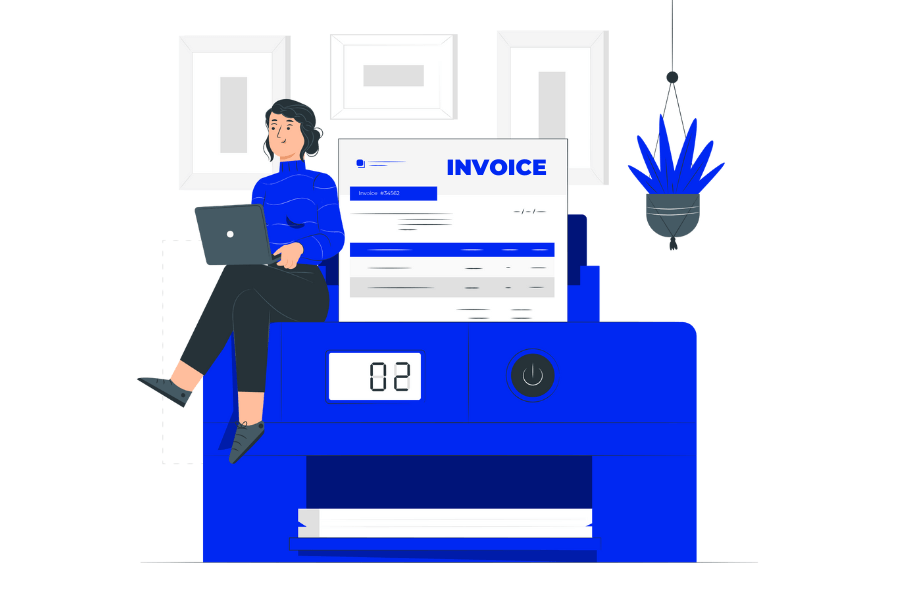
Imagine the situation – an invoice arrives demanding immediate payment, but you don’t recall ordering anything from the company in question; this is just a taste of the shady world of fake invoice scams, and it’s costing businesses millions of dollars yearly.
This comprehensive guide will uncover the secrets behind these scams, help you spot the warning signs, and share tips on what to do if your business is targeted.
What is Fake Invoice?
Fake invoices are tricky, misleading bills – bills for things you never bought. Sadly, scammers use them to trick you and go after your hard-earned money; and the worst part is that they’re getting better at this all the time.
It’s deeply unsettling that these fraudsters are tirelessly honing their strategies, rendering it progressively harder to recognize and defend oneself from becoming prey to their deceptive ploys. Consequently, the importance of staying alert and keeping up to date with the most recent developments in this field is a key part of securing your financial stability.
How Much Damage Do They Make?
In the U.S., the problem is vast. People lost about $30 million in 2019. All that money went into scams; a heap of tricky scams. Plus, remember, that’s in just one year.
In Australia, businesses and individuals have also been victimized; in 2020 alone, AUD 7 million vanished. How did it disappear? Invoice scams. The enormity of this issue is clear – it’s a worldwide problem, and it has become impossible to overlook.
Tip: Be cautious of double invoicing to avoid financial errors and confusion.
This Scam is Evolving
Unfortunately, the saga continues, as scammers are becoming increasingly adept, finding and exploiting ever more loopholes. Fraud schemes in general are becoming broader and more complex; one thing this means for us is that we need to be on high alert.
5 Tips, How to Identify a Fake Invoice?
Here are some useful steps you can use to spot fake invoices:
Step 1: Spell Check
Always be patient with your details. Fake invoices might pop up, and they usually show spelling errors. They might misspell your name or address, and even one small mistake can be fishy.
If you want to find out what a professional-looking invoice looks like, read this article.
Step 2: Mysterious Items Beg Questions
Did you find unrecognizable charges on your bill, items you didn’t buy, or more items than you allowed? If yes, these might point to a phony invoice. Scammers aim to mix you up, as this helps them hide these odd transactions amid confusion.
Step 3: Unusual Payment Requests Raise Alarm
Here’s a helpful hint – mainstream businesses ask for normal ways to get paid. Did an invoice suggest payment in special crypto currencies or vouchers? Did you get pressured to pay fast or face a late fee? If these situations pop up, react; these tactics signal that fraudsters are at work. Legitimate businesses don’t typically resort to such pressure cooker terms.
Step 4: Question the Document Source
Wondering where the invoice came from? Did it arrive out of nowhere? Does the sender seem shady? Watch out.
Where the invoice originates from can be a big clue. Legit firms have a known source; they track all documents. Fake invoices can come from anywhere, and scammers can even use realistic mailing addresses, so be careful.
Step 5: Look For Strange Contact Details
Have you ever seen a random mobile number on an invoice or a non-business email address? Be alert. These are also signs of a bogus invoice.
Fraudsters change contact details, using random numbers and personal emails; they don’t want to risk you contacting the real company! Their goal is to trick you in order to make you their next victim. so, always check and double-check contact details.
Examine our guide to learn the proper way to make an invoice.
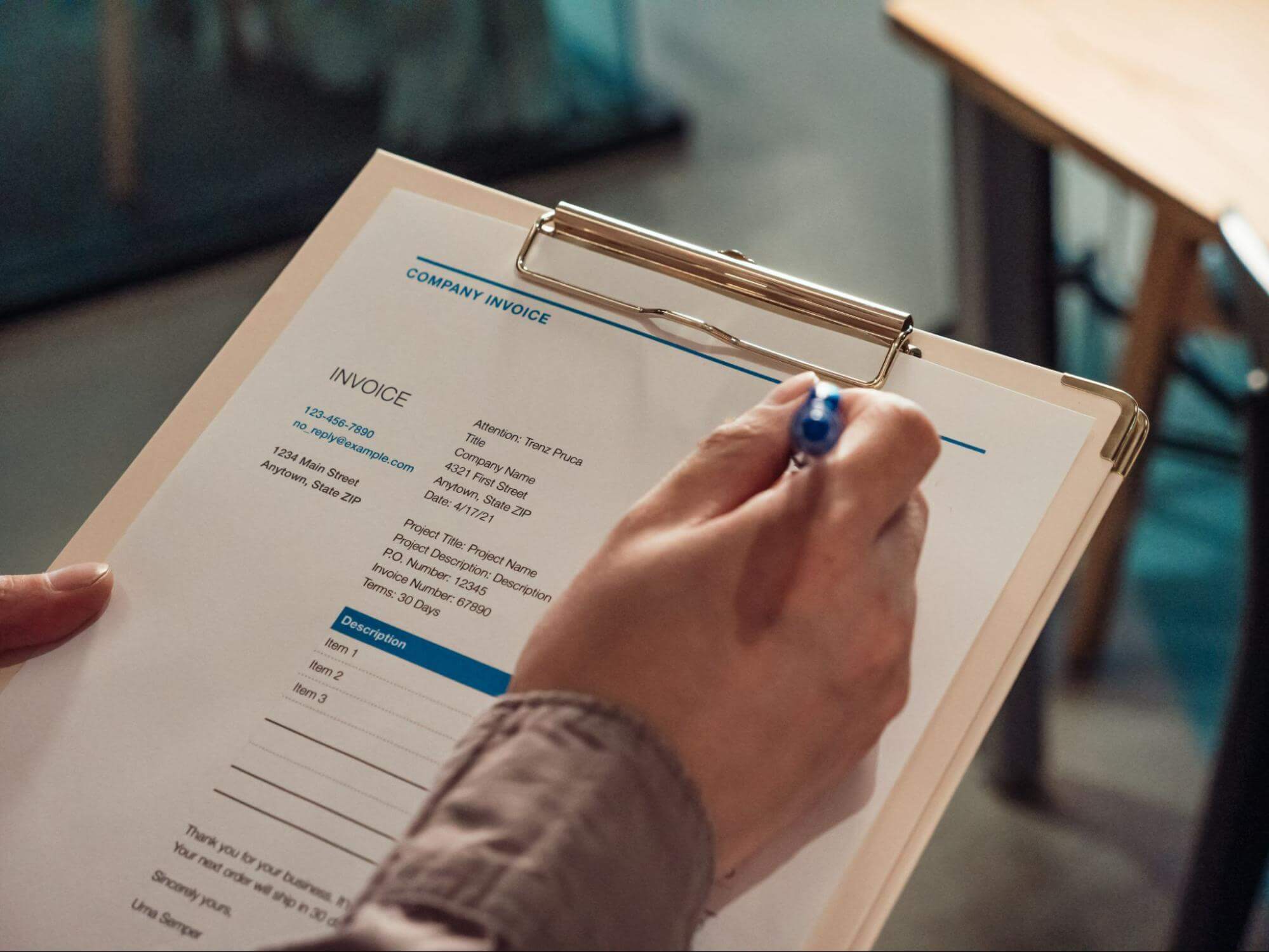
What prevention should be done against a fake invoice?
With the right tools, you can protect your business from fake invoice scams. Here’s how:

